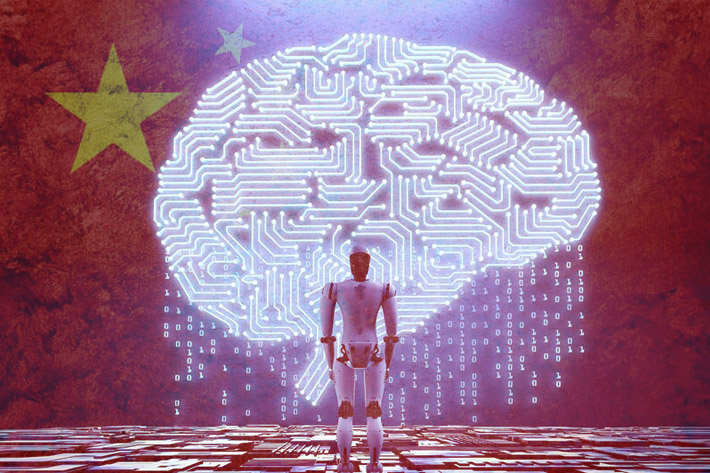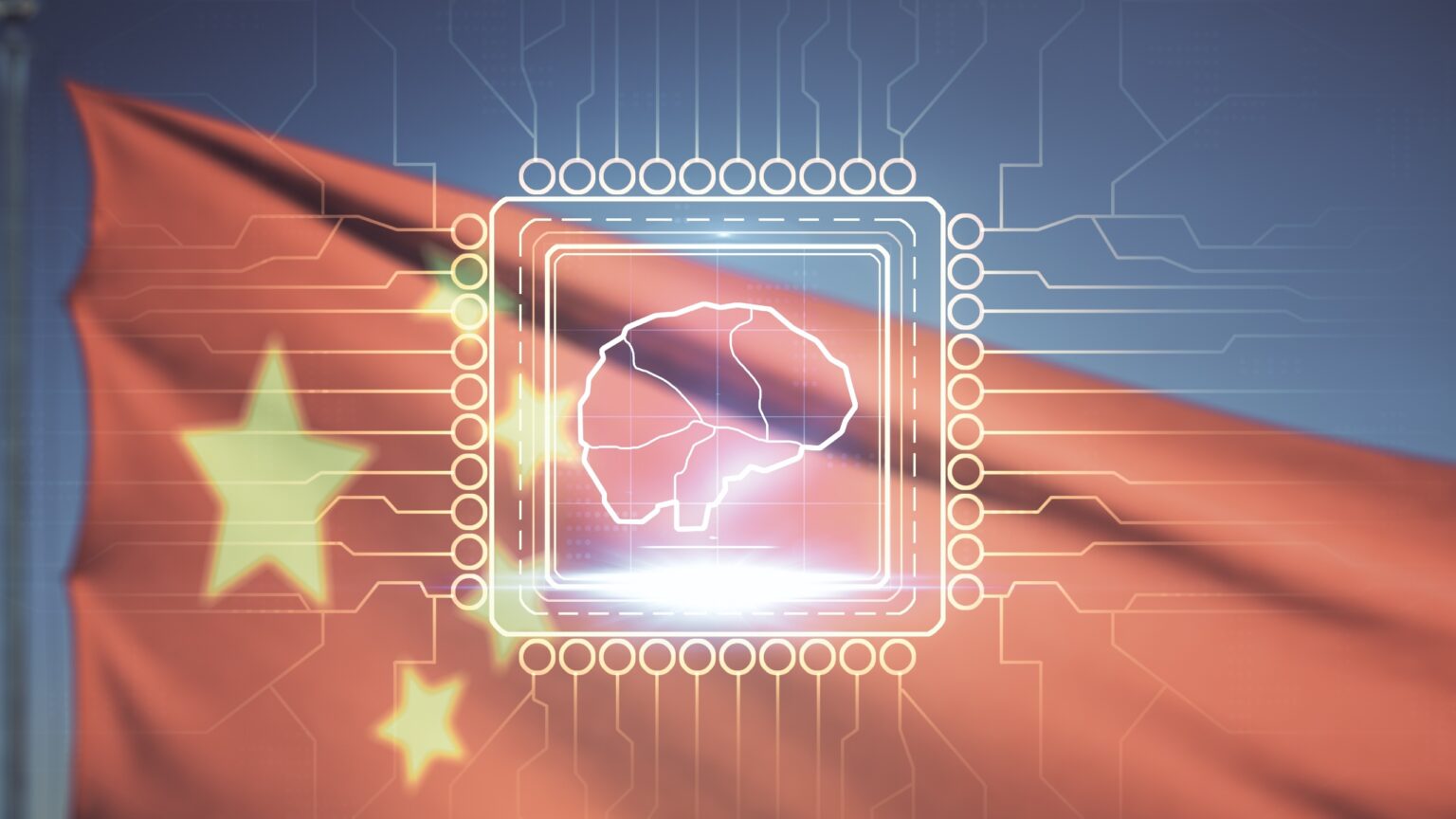China is developing an artificial intelligence platform called “Supermind,” which has sparked worries and criticism.
According to sources, China is developing a massive artificial intelligence (AI) platform called “Supermind” to track millions of scientists and researchers worldwide to develop advanced technologies for the military and business.
The state-funded platform is being built in a new “information and intelligence” center that started construction last year in Shenzhen, a technology hub in the south. It claims to use advanced artificial intelligence systems to help China find talent.
Global tech companies like Huawei, ZTE, and Tencent call the city home; the US government has sanctioned some companies for violating human rights and national security concerns.
China's new AI 'Supermind' targets tech and scientists. https://t.co/hYdOFuu0Xa
— Michael Ron Bowling (@mrbcyber) February 29, 2024
Supermind AI
As revealed by Newsweek, the project is called “Supermind” by the state-controlled Shenzhen Special Zone Daily and the AMiner University fund linked to Tsinghua University that offers grants for it. According to reports, this is a step towards China’s goal of defeating the United States in the global technology competition, with most of the $280 million invested coming from the Shenzhen government.
CHINA DEVELOPS AI-POWERED PLATFORM TO TRACK GLOBAL RESEARCHERS
AI technology in China has taken a significant leap forward by introducing a groundbreaking platform dubbed “Supermind.” This innovative system is designed to revolutionize the landscape of artificial intelligence by…
— Zebra Boy (@Zebra_Boy_) February 29, 2024
Chinese leader Xi Jinping also stated that China must become a great power in science and technology and achieve overall global preeminence by 2049.
The person with close knowledge of the project, who spoke anonymously because of the sensitivity, said they are building a database of ‘Who’s Who’ in different areas.
According to geopolitical analysts and technology experts, the future international balance of power may be determined by the nation that emerges victorious in the race for game-changing technologies like artificial intelligence, quantum computing, and semiconductors.

Databases Serving China from the West
According to reports, the platform uses AI to mine approximately twelve of the top science and technology databases, including those owned by Springer, Wiley, Clarivate, and Elsevier. The Chinese government, industry and businesses, research institutes, and universities benefit from the global map of scientific and technological talents in all fields, which is developed using hundreds of millions of data points to create a “three-dimensional scientific and technological information and intelligence service system to support the national strategy of strengthening the country in science and technology.
According to Tyler Du, the director of ITIC’s Operations Department, people working at the center were too busy to grant an interview. He said via email that this decision is due to their team’s current focus on ongoing projects, which are in critical stages and require our full attention.”
Last year, the Chinese government restricted a significant portion of outside access to China’s leading scientific database, the China National Knowledge Infrastructure (CNKI). This was part of a campaign to prevent non-Chinese from obtaining Chinese data, following current data and counterespionage laws. Researchers will experience difficulties due to the database’s unreliability, even though access is occasionally possible.
China restricts data access after US research raised concerns: Report – WIONhttps://t.co/Dq12gH1jmh
— THE WORLD NEWS (@news_type_c) May 8, 2023
However, China is one of many countries seeking to use new artificial intelligence tools to collect data worldwide.
Last year, Randy Nixon, the head of the American Central Intelligence Agency’s Open Source Enterprise division, stated that the agency was working on an AI-based tool to collect more “open-source information.”









 and then
and then